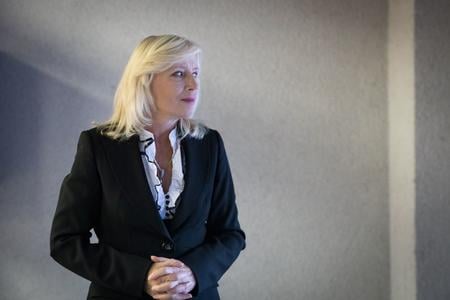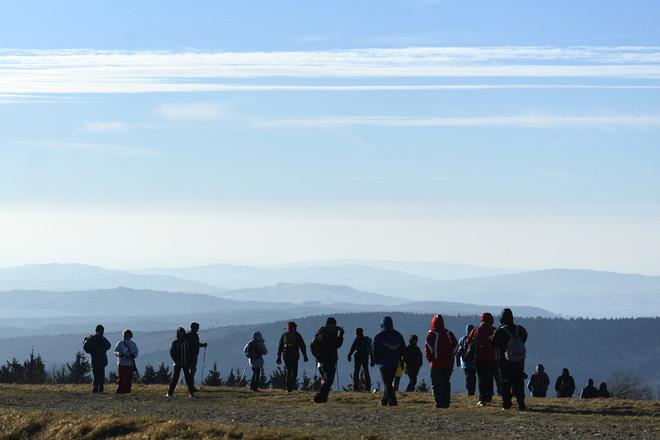My five-year-old recently took an interest in national flags and was fascinated to find out that some of the ones in my old atlas for children belonged to countries that no longer exist. The fascination grew exponentially after he discovered that the place where he was born, and has lived ever since, was a different country with a different flag when his mother was born there.

I am one of the last generations of Slovaks born in Czechoslovakia. We can joke with our friends from abroad: my country is younger than I am. When I was at school, history textbooks devoted one or two pages at most to the emergence of independent Slovakia in 1993. That does not mean Slovakia’s early years were uneventful – quite the contrary. But the events that took place were not considered history then, at least not the kind the young should be told about just yet.
On a personal level, Czechoslovakia, the country I was born in, is just a faint childhood memory for me. What I do remember quite well is how things changed practically from one day to the next such as the flags and the state symbols at school.
I also remember the puzzled laments of my grandmother, wondering what would become of her brother who had lived almost all his adult life on the Czech side of the border.
As time went by, we got used to talking about the Slovak Republic rather than Czechoslovakia (a useful habit that has still to catch on with some people, among them even fellow Europeans) and border crossings between the two countries did not seem as bizarre to us as they seemed to our parents.
But we never abandoned that bond that had existed between Czechs and Slovaks for decades, the bond that our parents considered natural.
Does my generation still consider the bond a natural thing?
Perhaps not, but it is still there. My Slovak friends who married Czechs are not really considered to be living in a mixed marriage (whatever the law may say, people regard Czecho-Slovak marriages as belonging to a special category); the scores of Slovaks studying in Brno, Prague or Olomouc can do so in their mother tongue; and anyone who has ever found themselves among a group of Czechs and Slovaks at a foreign university or on a work and travel programme in the US will readily testify that these people do belong together.
With the approaching 25th anniversary of the divorce between our two nations, I wonder if that bond is set to disappear and become just history, as the generations who were born in the Czech Republic and Slovakia rather than in Czechoslovakia take over. Hopefully it will not, and Czechs and Slovaks will always be more than just neighbours.
But to make sure of this, we may have to stop taking this strange and wonderful attachment for granted and instead, learn to treat it more like a gift from history, one that deserves to be preserved and nourished.



 On New Year’s Eve, Czech and Slovak hikers meet at the Veľká Javorina peak on the border of the two states, to celebrate the Czecho-Slovak friendship. This photo shows a gathering in 2017. (source: TASR)
On New Year’s Eve, Czech and Slovak hikers meet at the Veľká Javorina peak on the border of the two states, to celebrate the Czecho-Slovak friendship. This photo shows a gathering in 2017. (source: TASR)